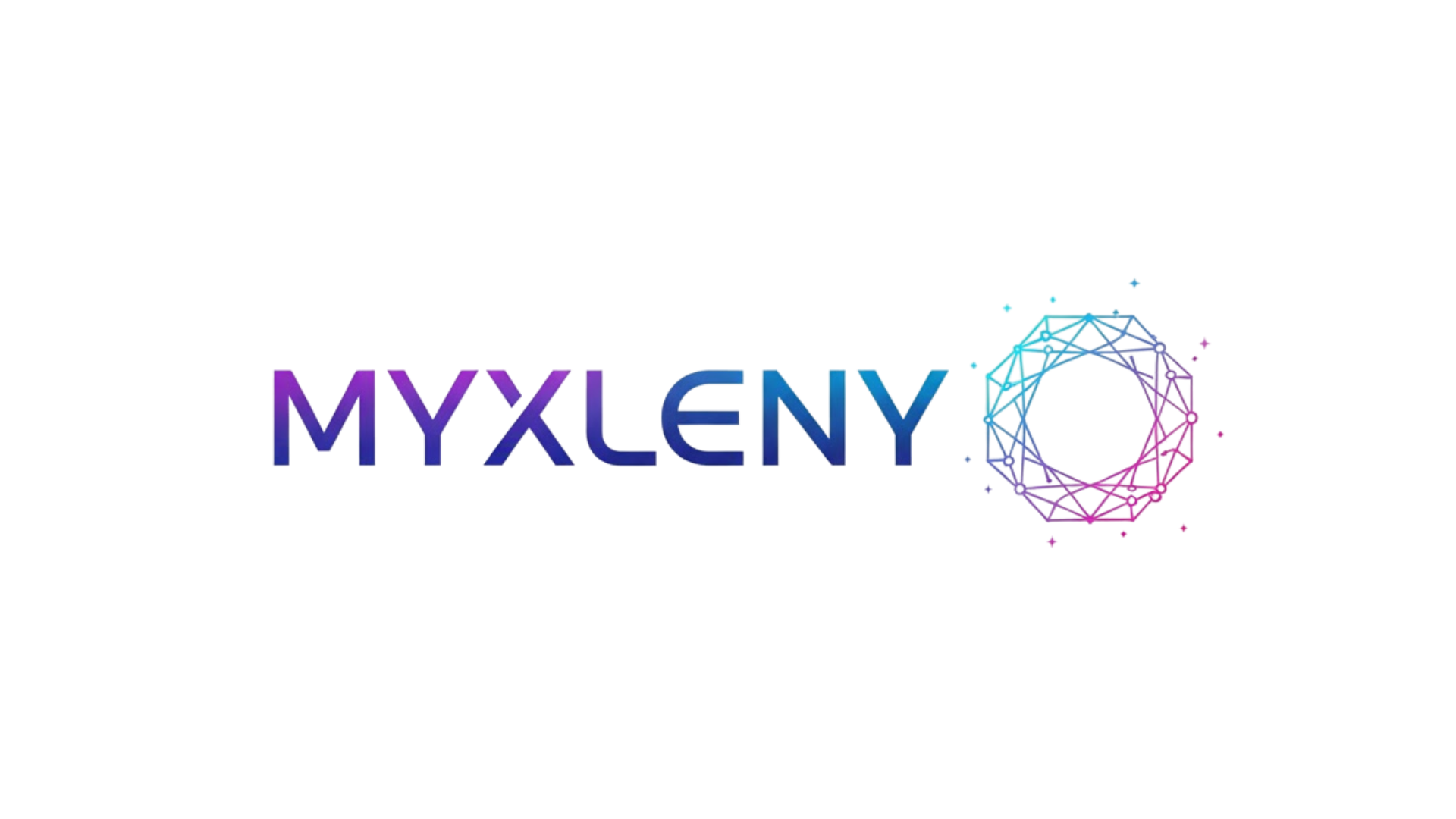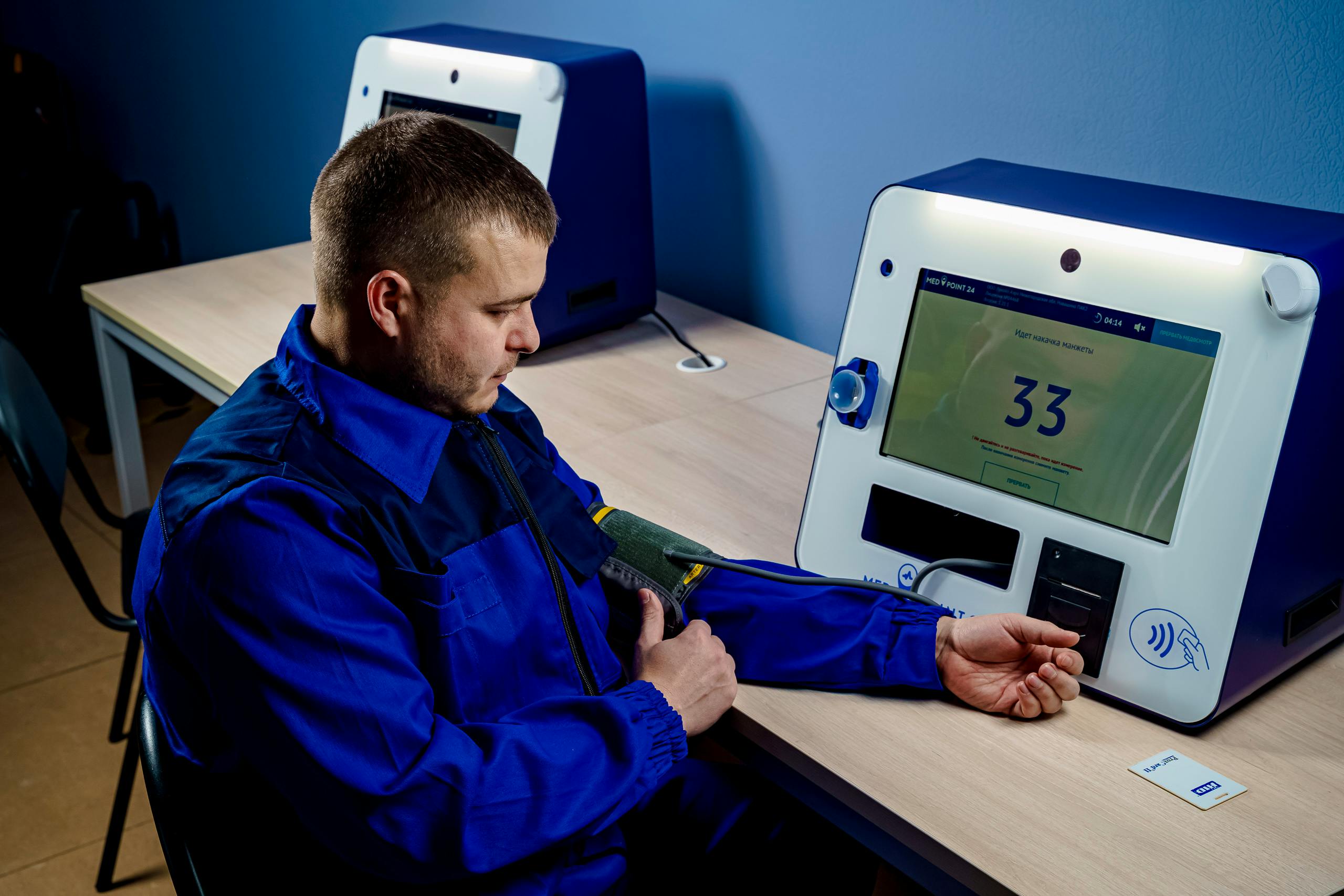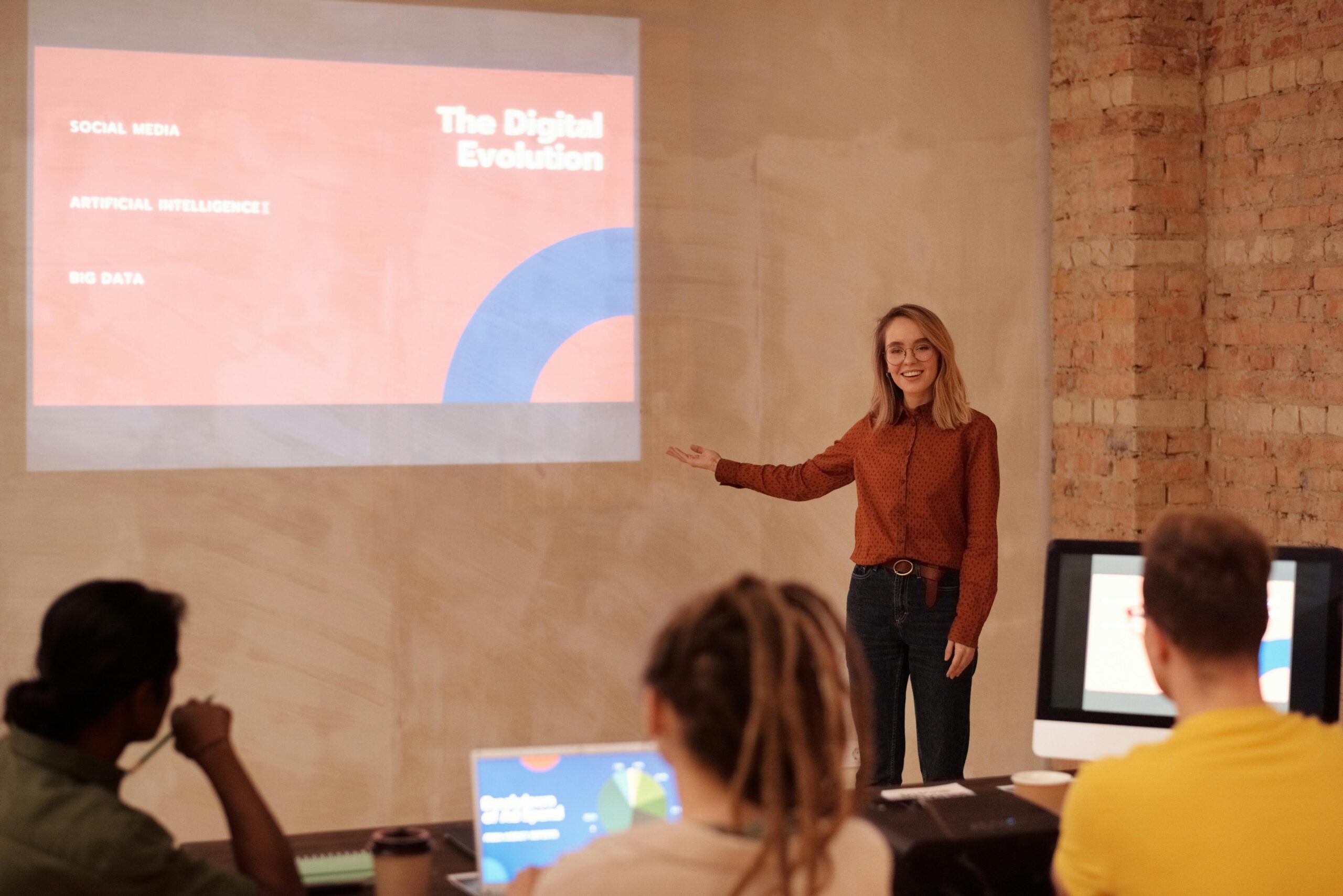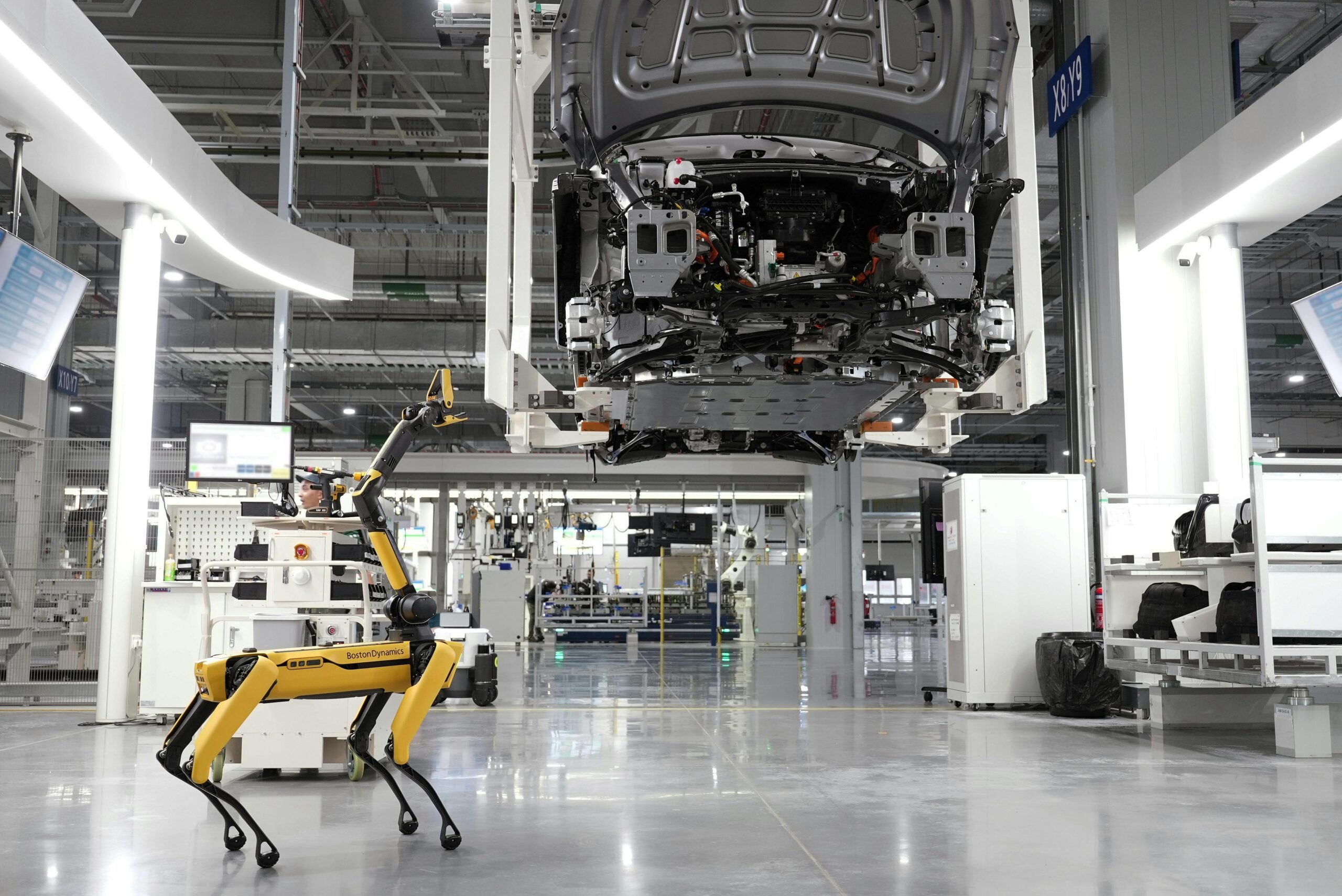The world of work is transforming at lightning speed, driven by artificial intelligence and automation. Reskilling isn’t just an option anymore—it’s your ticket to staying relevant and thriving in tomorrow’s economy.
🚀 Why the AI Revolution Demands a New Approach to Skills
Artificial intelligence is no longer a futuristic concept confined to science fiction novels or tech conferences. It’s here, reshaping industries from healthcare to finance, manufacturing to creative services. According to recent studies, nearly 85 million jobs may be displaced by automation by 2025, while 97 million new roles could emerge that are better adapted to the new division of labor between humans, machines, and algorithms.
This seismic shift presents both a challenge and an unprecedented opportunity. Those who recognize the urgency of adapting their skill sets will find themselves at the forefront of innovation, while those who resist change risk being left behind in an increasingly competitive marketplace.
The question isn’t whether AI will impact your career—it’s how prepared you’ll be when it does. Reskilling represents the bridge between where you are today and where you need to be tomorrow. It’s about transforming uncertainty into opportunity and positioning yourself as an indispensable asset in the age of intelligent machines.
Understanding the Skills Gap in the Digital Economy
The skills gap has become one of the most pressing challenges facing both workers and employers. Companies are desperately seeking talent with expertise in data analysis, machine learning, cybersecurity, and digital transformation, yet qualified candidates remain scarce. This mismatch creates a unique window of opportunity for those willing to invest in their professional development.
Traditional education systems haven’t kept pace with technological advancement. The half-life of skills—the time it takes for half of what you’ve learned to become obsolete—has shrunk dramatically. Skills that were cutting-edge five years ago may now be outdated, replaced by more sophisticated technologies and methodologies.
The good news? You don’t need to return to university for four years to bridge this gap. Modern reskilling pathways are more flexible, accessible, and targeted than ever before. Online learning platforms, bootcamps, micro-credentials, and industry certifications offer practical, applicable knowledge that can be acquired in months rather than years.
💡 Identifying High-Demand Skills for the AI Era
Not all skills are created equal in the AI-driven economy. While technical competencies remain crucial, the most valuable professionals will possess a hybrid skill set that combines technological proficiency with uniquely human capabilities.
Technical skills in high demand include:
- Data science and analytics—the ability to extract insights from complex datasets
- Machine learning and AI fundamentals—understanding how intelligent systems work
- Cloud computing—managing and deploying applications in cloud environments
- Cybersecurity—protecting digital assets from increasingly sophisticated threats
- Programming languages like Python, R, and JavaScript—the building blocks of modern applications
- Automation tools and robotic process automation (RPA)—streamlining repetitive tasks
However, technical skills alone won’t guarantee success. The skills that machines struggle to replicate—and therefore remain highly valuable—include creative problem-solving, emotional intelligence, critical thinking, complex communication, and ethical judgment. The professionals who thrive will be those who can seamlessly blend technical expertise with these human-centric capabilities.
Creating Your Personal Reskilling Roadmap
Successful reskilling requires more than enthusiasm—it demands a strategic approach. Begin by conducting an honest assessment of your current skills and how they align with future market demands. What are your strengths? Where do gaps exist? Which skills from your current role transfer to emerging opportunities?
Research is essential. Explore job postings in your field or adjacent industries to identify recurring skill requirements. Follow industry leaders on social media, read professional publications, and engage with communities in your target area. This reconnaissance will help you understand not just what skills matter today, but which ones will matter tomorrow.
Set clear, achievable goals with specific timelines. Rather than a vague intention to “learn about AI,” commit to completing a particular course or certification within three months. Break larger objectives into smaller milestones to maintain momentum and celebrate progress along the way.
🎯 Leveraging Learning Platforms and Resources
The modern learning ecosystem offers unprecedented access to world-class education. Platforms like Coursera, edX, Udacity, and LinkedIn Learning provide courses designed by industry experts and leading universities. Many offer flexible scheduling, allowing you to learn at your own pace while maintaining your current employment.
Consider specialized bootcamps for intensive, immersive learning experiences. Organizations like General Assembly, Le Wagon, and BrainStation offer focused programs in areas like data science, UX design, and software engineering. While more expensive than self-paced online courses, bootcamps provide structure, mentorship, and networking opportunities that can accelerate your transition.
Don’t overlook free resources. YouTube channels, podcasts, and open-source communities offer valuable learning materials at no cost. GitHub repositories provide hands-on practice with real-world projects, while forums like Stack Overflow connect you with experienced professionals willing to answer questions and provide guidance.
Professional certifications from recognized organizations like Google, Amazon Web Services, Microsoft, and Cisco can significantly boost your credibility. These credentials signal to employers that you’ve achieved verified competency in specific technologies and methodologies.
Overcoming the Psychological Barriers to Change
The technical aspects of reskilling, while challenging, are often less daunting than the psychological hurdles. Fear of failure, imposter syndrome, and the comfort of familiarity can sabotage even the best-laid plans.
Recognize that discomfort is part of the growth process. Learning something genuinely new means being a beginner again—a vulnerable position for established professionals. Embrace this temporary incompetence as evidence of expansion rather than inadequacy.
Combat imposter syndrome by remembering that everyone starts somewhere. The expert programmers and data scientists you admire were once beginners too. Focus on progress rather than perfection, celebrating small wins and learning from setbacks without harsh self-judgment.
Build a support system. Connect with others on similar journeys through online communities, study groups, or local meetups. Sharing struggles and successes with peers normalizes the challenges and provides encouragement when motivation wanes.
⏰ Balancing Reskilling with Current Responsibilities
One of the most common obstacles to reskilling is time. Between work obligations, family responsibilities, and personal needs, finding hours for learning seems impossible. Yet countless professionals successfully navigate this challenge through strategic time management.
Start small. Even 30 minutes daily compounds into substantial learning over weeks and months. Wake up slightly earlier, use lunch breaks, or replace passive entertainment with active learning. Consistency matters more than duration—regular, focused study sessions yield better results than sporadic marathon efforts.
Communicate your goals with family and employers. When those around you understand your commitment to professional development, they’re more likely to support your efforts. Some forward-thinking companies even offer learning stipends or dedicated time for skill development.
Integrate learning into your current work. Look for opportunities to apply new skills in your existing role. Volunteer for projects that stretch your capabilities, propose innovative solutions using emerging technologies, or offer to lead initiatives that benefit from your developing expertise.
Transforming Skills into Career Opportunities
Acquiring new skills is only half the equation—you must also effectively market those capabilities to potential employers or clients. Update your professional profiles on LinkedIn and other platforms to reflect your evolving expertise. Share insights from your learning journey, comment on industry trends, and engage with content related to your target field.
Build a portfolio showcasing practical applications of your skills. Whether it’s data visualizations, coding projects, design work, or case studies, tangible evidence of your abilities speaks louder than credentials alone. GitHub repositories, personal websites, and portfolio platforms like Behance allow you to demonstrate competency through work rather than words.
Network strategically. Attend industry conferences, virtual events, and local meetups in your target field. Informational interviews with professionals already working in your desired role provide insights into day-to-day realities and potential pathways forward. Many opportunities arise through connections rather than traditional job postings.
📊 Measuring ROI on Your Reskilling Investment
While not everything valuable can be quantified, tracking the return on your reskilling investment helps maintain motivation and adjust course when necessary. Consider both tangible and intangible metrics:
| Metric Type | Examples |
|---|---|
| Financial | Salary increases, promotions, new job offers, consulting opportunities |
| Professional | Expanded responsibilities, project leadership, industry recognition |
| Personal | Increased confidence, intellectual stimulation, sense of accomplishment |
| Future Security | Reduced obsolescence risk, adaptability to market changes, career flexibility |
Document your progress through journals or spreadsheets. Note completed courses, new projects undertaken, connections made, and opportunities created. This record serves both as motivation during difficult periods and evidence of growth when updating resumes or negotiating compensation.
The Continuous Learning Mindset: Beyond One-Time Reskilling
Perhaps the most important skill for the AI era isn’t any specific technology or methodology—it’s the capacity for continuous learning itself. The pace of change means that reskilling isn’t a one-time event but an ongoing practice throughout your career.
Cultivate curiosity as a professional asset. Stay informed about emerging technologies, shifting market dynamics, and evolving best practices in your field. Subscribe to industry newsletters, follow thought leaders, and regularly consume content that challenges your thinking and expands your perspective.
Develop learning agility—the ability to quickly acquire new skills and adapt to unfamiliar situations. This meta-skill becomes increasingly valuable as specific technical competencies become outdated. Those who learn how to learn effectively will navigate career transitions more successfully than those who memorize static information.
Teach others what you learn. Explaining concepts to colleagues, writing articles, creating tutorials, or mentoring newcomers deepens your own understanding while establishing you as a knowledgeable resource within your community.
🌟 From Surviving to Thriving: The Opportunity Within Disruption
The AI revolution represents more than a threat to job security—it’s an invitation to reimagine what’s possible in your career. While automation eliminates certain tasks and roles, it simultaneously creates opportunities for more meaningful, creative, and impactful work.
Professionals who successfully reskill often find greater satisfaction in their work. They move from repetitive, automatable tasks to strategic, innovative, and uniquely human contributions. They become problem-solvers rather than task-completers, strategists rather than executors.
The democratization of learning means geographic location and formal credentials matter less than demonstrated capability. A motivated individual with internet access can acquire world-class skills and compete globally for opportunities. This levels playing fields and creates possibilities that didn’t exist for previous generations.
Consider adjacent career pivots rather than complete reinventions. A marketing professional might specialize in marketing automation and AI-driven customer insights. An accountant could become a financial data analyst. A teacher might transition into corporate training or instructional design for EdTech companies. Your existing expertise provides context and domain knowledge that enhances newly acquired technical skills.
Building Resilience in an Uncertain Future
Ultimately, reskilling for the AI era is about more than landing a specific job or learning a particular technology. It’s about building resilience—the capacity to adapt, recover, and thrive regardless of how external circumstances change.
Diversify your skill portfolio just as you would an investment portfolio. Multiple competencies provide options when industries shift or technologies evolve. A broad foundation allows you to pivot quickly rather than starting from scratch when change arrives.
Maintain a growth mindset that views challenges as opportunities rather than obstacles. The professionals who succeed in uncertain times aren’t necessarily the smartest or most talented—they’re the most adaptable, persistent, and willing to step outside comfort zones.
Remember that you’re not alone in this journey. Millions of professionals worldwide are navigating similar transitions, facing similar doubts, and discovering similar strengths they didn’t know they possessed. The AI era demands reskilling, but it also empowers those willing to embrace change.

Your Future Starts with Today’s Decision
The gap between where you are and where you want to be won’t close by itself. Every day you delay beginning your reskilling journey is a day your skills become slightly more misaligned with market needs. But every day you invest in growth—even in small ways—compounds into significant transformation over time.
The AI era doesn’t belong exclusively to computer scientists and engineers. It belongs to curious learners, adaptable professionals, and determined individuals who refuse to let technological change define their limitations. It belongs to those who recognize that while they can’t control the pace of innovation, they can absolutely control their response to it.
Start today. Choose one skill that would meaningfully advance your career. Find one course, one book, one project that begins building that competency. Take the first step on your reskilling roadmap, knowing that each subsequent step becomes easier as momentum builds.
Your future self—more skilled, more confident, more valuable, and more fulfilled—is waiting on the other side of the discomfort of learning something new. The AI revolution is happening whether you’re prepared or not. The only question is: will you be a passive observer of change or an active architect of your transformed future? The choice, as it always has been, is yours to make.
Toni Santos is a future-of-work researcher and social innovation writer exploring how technology, culture, and global mobility are redefining what it means to work and thrive in the 21st century. Through his studies on automation, digital nomadism, and workforce transformation, Toni examines the balance between progress, adaptability, and human purpose in a rapidly changing world. Passionate about remote collaboration systems and digital inclusion, Toni focuses on how emerging tools and global connectivity empower individuals to build meaningful, flexible, and resilient careers. His work highlights how automation and new work models can coexist with creativity, empathy, and social value. Blending sociology, economics, and digital strategy, Toni writes about the human side of innovation — helping readers understand not only where work is heading, but how to align with its transformation responsibly and purposefully. His work is a tribute to: The evolving relationship between automation and human employment The rise of global, location-independent lifestyles The power of resilience and adaptability in the modern workforce Whether you are a freelancer, remote leader, or curious observer of the new economy, Toni Santos invites you to explore the future of work — one idea, one connection, one transformation at a time.




